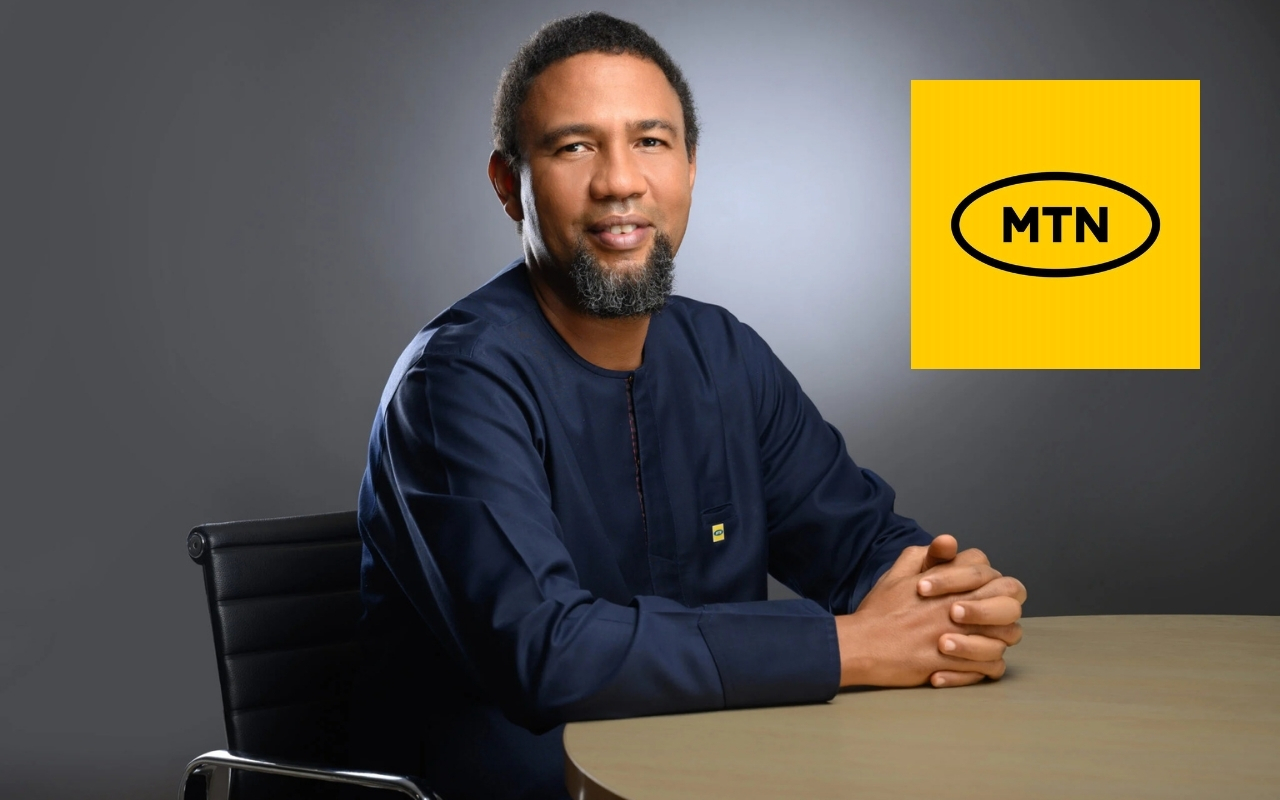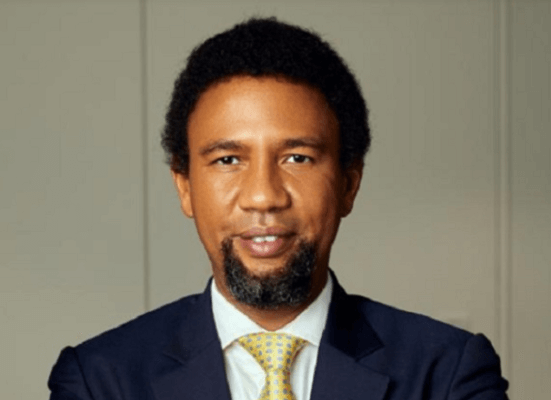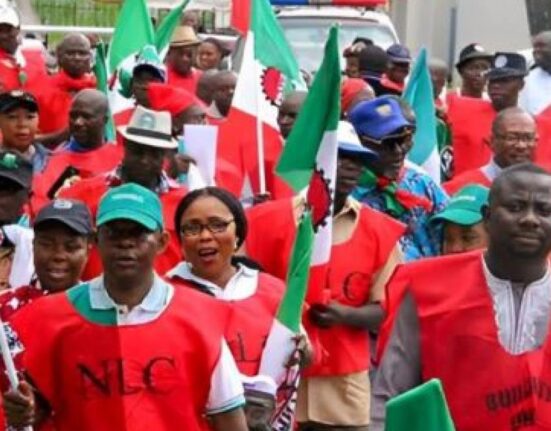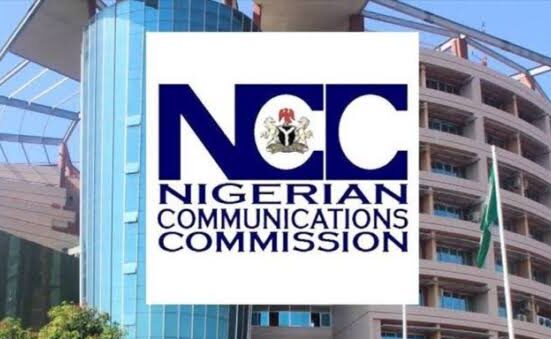The CEO of MTN Nigeria, Karl Toriola, has explained the upcoming increase in telecom tariffs, attributing it to the unsustainable nature of current business operations. Speaking in an exclusive interview with Radio Now, Mr. Toriola noted that despite a 30% growth in revenue, the company’s operational costs have tripled, making it more expensive to maintain its network than what is being earned.
“So I think it’s about 18 months, actually even slightly more than that, that we’ve been asking for this tariff increase. And it’s because our businesses are not sustainable. Our revenue has grown about 30% over the last year. Our costs have gone up threefold, and we’re effectively spending to maintain our networks more than we’re earning. And what that means is inevitably the first thing that actually gets lost is or gets cut out is the investment to maintain the quality of service. And ultimately, at some point in time, you just find that we can’t continue to operate sites will start to shut down. And eventually the business will fall over. And to give you a sense of what this is like, the networks will become a service that sometimes on sometimes off if we continue at this current cost structure.”
Mr. Toriola revealed that for the last 18 months, MTN has been operating at a loss. He disclosed that by the end of 2023, the company had incurred a loss of approximately N900 billion, highlighting the ongoing financial strain the business is under due to rising costs.
Also Read: Telecoms Tariff Set to Rise, but Not Doubled, Says Minister
“We haven’t been able to make our revenue back. We’re declaring a loss. We, for the last effectively 18 months, we’ve been a loss-making entity. At the end of 2023, it was about a 900 billion Naira loss, two types of, or two contributions to that loss, primarily devaluation. And we’re in negative equity, which means our assets, our liabilities are more than our assets in the business. But look, it’s not the profitability that we’re concerned about. The entire country is going through a significant economic crisis. Right now, we’re really just, in the first instance, focused on sustainability. And then over the next few years, as we rebuild our capital base, then we can get back towards profitability. But the issue now is sustainability of the entire industry. And I’m here speaking on behalf of MTN, but we’re the largest operator in Nigeria, and probably the one that’s most resilient to this kind of economic challenges. For the smaller operators, the situation is actually a lot worse.”
When asked whether MTN would consider seeking investments rather than raising tariffs, Toriola argued that attracting investors would be challenging without addressing the company’s sustainability issues. He emphasised that improving the sustainability of the business is a key priority.
“Who’s going to invest in something that gives a negative return? There’s no way you can attract investments into a business where if you put a dollar in, you’re going to get 60 cents back. It just doesn’t work. So what investments do you expect to attract with this kind of profile? And there’s no chance that anyone’s bringing money into this kind of structure.And so that’s why we have to first address the sustainability through being able to, at the very minimum, break even and continue to invest and maintain quality of service. And then if you want investments, then you have to invest, offer a return profile that will actually give investors a return. Because the nature of investors, like any markets, they’ll go to the markets that give them the lowest risk and the highest returns.”
The tariff increase, expected to take effect in the first quarter of the year, comes as MTN continues to navigate the difficult economic landscape and aims to restore financial viability.






Leave feedback about this
You must be logged in to post a comment.